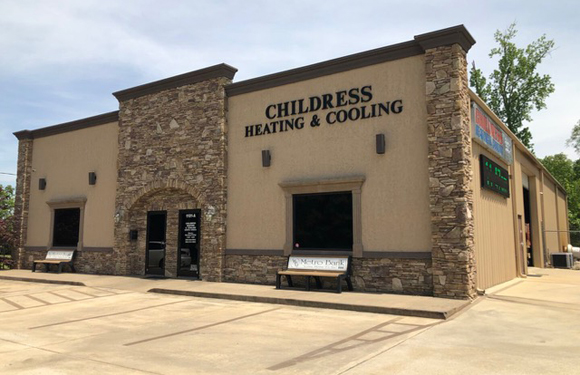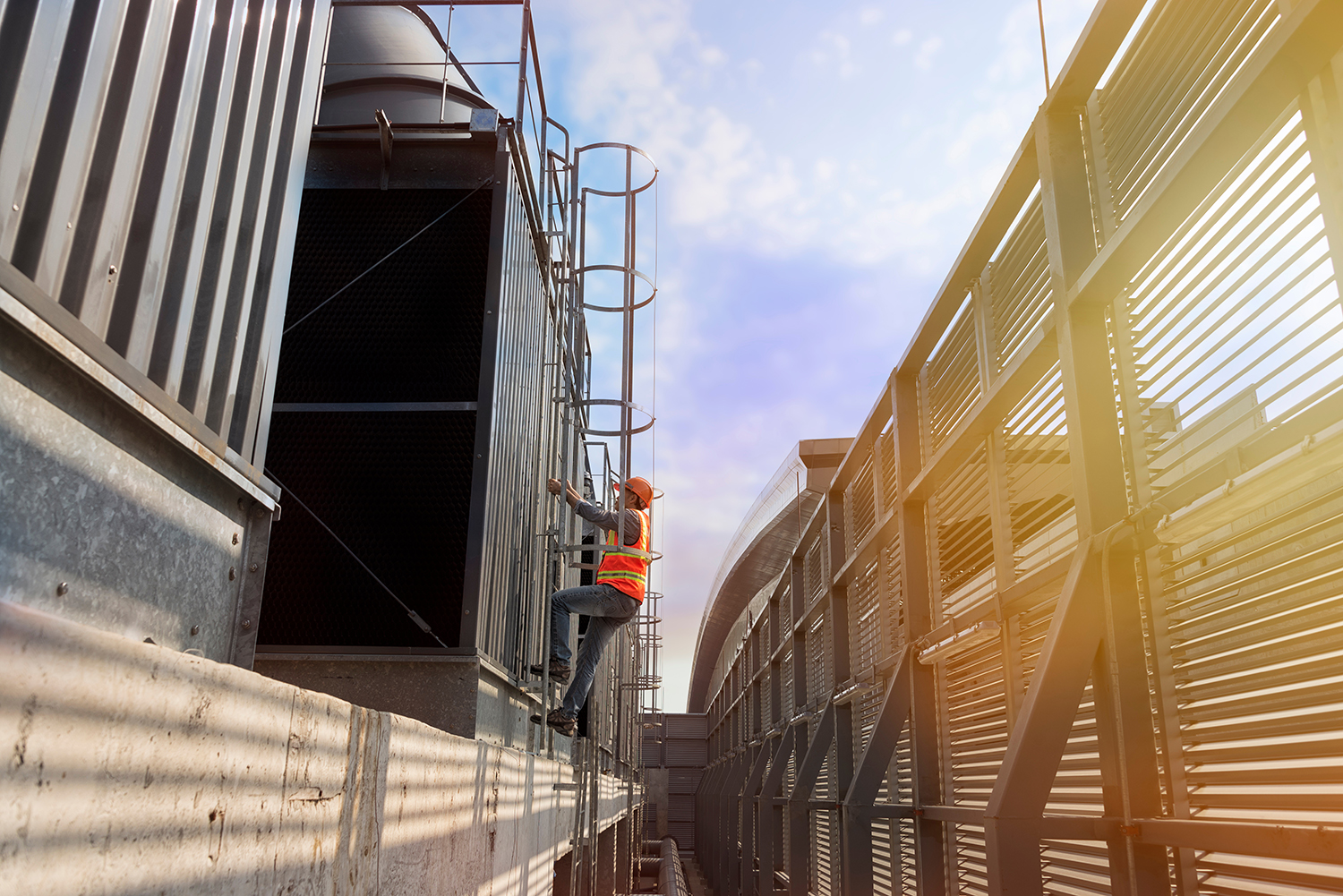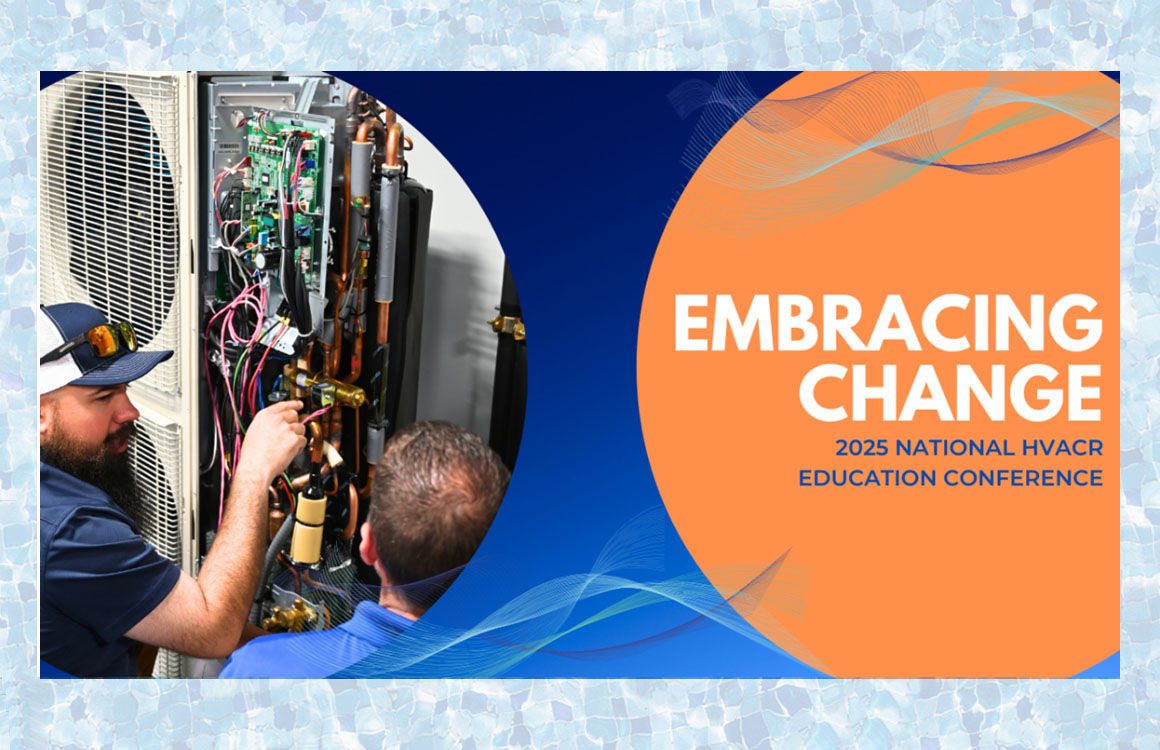
Education
The Importance of Consistency in Regulations: A Lesson from the Super Bowl

A message from the ESCO Institute, committed to setting industry standards, providing validation tools, and delivering tailored training resources to help professionals thrive.
It’s the fourth quarter in the Super Bowl, your team is down 21 points with only a few minutes remaining, and they see their dreams quickly fading away. Knowing the difficulties it took to get to this point; they don’t give up and fight harder than ever before.
Miraculously, your team finds a way to make the impossible possible. With 10 seconds remaining in the game, they find themselves down by only three points, with a first down on the opponent’s one-yard line, poised for victory.
Then, it happens. The referee blows his whistle and announces that there is a new rule in place that has shortened the quarter from 15:00 to 14:50.
The game is declared over, and your team has lost!
The coach appeals to the referee, stating that the team has invested so much time and energy in this game, and questions how the rules can be changed so close to the end of the game, especially without notice.
This scenario may sound outrageous in the context of football, but it is an unfortunate reality for American businesses operating under regulatory uncertainty. This is not a story about sports; it is a story about the U.S. HVACR industry and the challenges it faces due to inconsistent regulations.
The Cost of Changing the Rules
U.S. companies that manufacture products for the HVACR industry have spent billions of dollars and years of effort complying with regulations enacted by the United States House of Representatives, Senate, and signed into law by the President. These companies have adhered to the rules, understanding the importance of compliance to ensure industry progress.
The HVACR industry has diligently followed the playbook by:
- Developing new refrigerants that meet regulatory standards.
- Designing and manufacturing new equipment compatible with these refrigerants.
- Investing in workforce training to ensure proper handling and safety.
These efforts represent a massive commitment of time, research, and financial resources to align with the established regulations. However, just as they are prepared to move forward under these guidelines, new stakeholders propose changes that threaten to alter the course of progress. These last-minute changes not only disrupt industry momentum but also introduce uncertainty that can stifle innovation and investment in new HVACR technologies.
The Ripple Effect of Regulatory Inconsistency
Just as a football game relies on stable and fair rules, industries require regulatory certainty to plan for the future. Constant changes to regulations create confusion and undermine confidence, affecting manufacturers, distributors, contractors, and consumers alike. When businesses invest in compliance based on existing laws, only to have those laws rewritten, they face financial losses, supply chain disruptions, and operational setbacks.
Moreover, inconsistent regulations make it challenging for companies to set long-term strategies. The uncertainty forces businesses to operate in a reactive mode, leading to higher costs and inefficiencies. It also places the U.S. industry at a competitive disadvantage globally, as companies in other countries with stable regulatory environments can focus on innovation rather than constantly adapting to shifting policies.
The Path Forward: Stability and Fair Play
Regulations serve a critical purpose in protecting consumers, businesses, and the environment. However, for regulations to be effective, they must be consistent, predictable, and fairly enforced. Changing the rules at the last minute, after businesses have already adapted to previous guidelines, erodes trust and stifles progress.
The HVACR industry, like many others, is committed to compliance and environmental responsibility. However, it also requires assurance that the regulatory framework will not be altered arbitrarily. By ensuring stability in regulations, policymakers can support industry growth, innovation, regulatory goals without creating unnecessary economic burdens.
If the Super Bowl analogy teaches us anything, it’s that fairness and consistency matter—not just in sports, but in business and regulation as well. The game should not be decided by last-minute rule changes; instead, it should be determined by the efforts, strategies, and hard work of those who have played by the rules from the beginning.
For more information on the ESCO Institute visit https://www.escogroup.org













